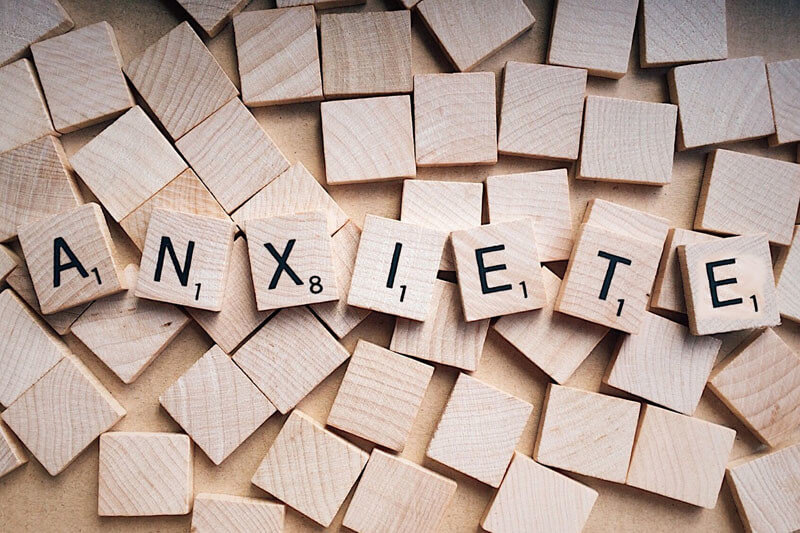Do you remember the last time you were freaking out before jumping into a delicate conversation, which turned into an argument, and you ended up thinking: « I knew it! I should have kept it to myself! »?
A Classic Scenario
In every human relationship, there are moments when you have things to say that you know the other person doesn’t want to hear. Conversations that are bound to be stressful and unpleasant, yet are necessary.
Conversations like » Honey, I’d like us to open our couple « , or « Mom, Dad, there’s something I’d like to tell you ». Conversations that could cause the end of our marriage, or sever family ties for decades. Conversations that might prove to be the hardest thing you’ve ever done in your life.
The bad reflex is to think that since the topic will invariably be unwelcome and cause turmoil, it means there’s no good way to go at it. The thing is, it’s a hard conversation, but it could always become a worse conversation if you’re not careful. For instance, if you just let the other person discover important information by accident rather than through an honest intentional conversation. Or if you just throw the information carelessly without preparing your interlocutor to the emotional bomb you’re about to drop on them. The other bad reflex is to hope to find a way to say things that will make people agree and be happy with what you have to say. You can make things easier by being a better communicator, but remember that you don’t have control other people’s emotions and reactions.
How to proceed?
One of the most powerful communication tools that I use in this type of situation is inspired by Cathy Vartuli (emotional freedom coach) and Reid Mihalko (sex educator). There are 3 steps :
- Introduction: « There is something I would like to tell you » »I’ve been meaning to tell you something ».
- Express your concern and show vulnerability: « What I’m afraid of is ………………………………………………… » »The reason I’ve been postponing this conversation is that I’m scared of …………………… »Expressing your concern is good for two reasons: it might prevent the thing you’re afraid of from happening – or not. For example you might be afraid that the other person will react by screaming or by manipulating you. And by telling them, they might be disposed to refrain from their natural reaction. But more important, it forces you to dive inside yourself and become aware of what keeps you from speaking your truth freely (fear, shame, guilt, any other emotion).
- Say what’s your optimal outcome for this conversation: « What I would like to happen is …………………. » »The most positive outcome for me would be …………………………… » »The reason for which I choose to talk to you about this is …………………………… »You need to have a clear purpose for the conversation, be it to create more intimacy, to be authentic about who you are and what you are experiencing, to hear that they still love you. This allows you to put the conversation into context, to inform the other person that you don’t want to attack them, make them feel guilty, blame or hurt them. Plus, it allows your interlocutor to see beyond their initial negative feeling, focusing on the positive outcome you want from the conversation. You demonstrate that this conversation is not just about raising a problem, but that it is useful for your relationship.
These 3 steps for addressing a difficult conversation can be used both orally and in writing.
Let me know how it worked for you in the comments below!
Hypatia
Need More Compersion in your Life?









